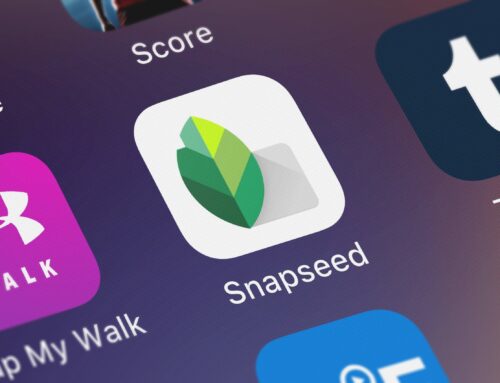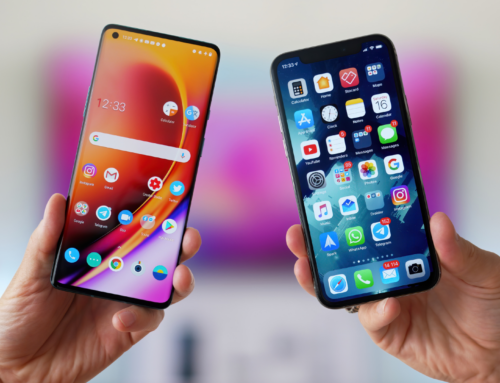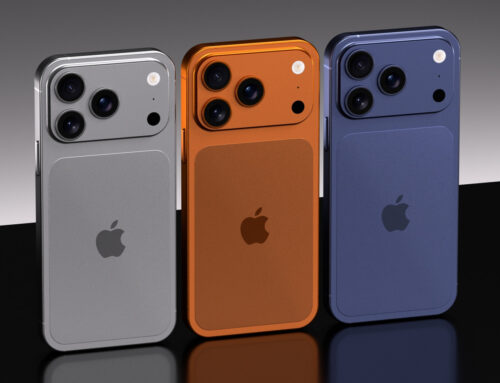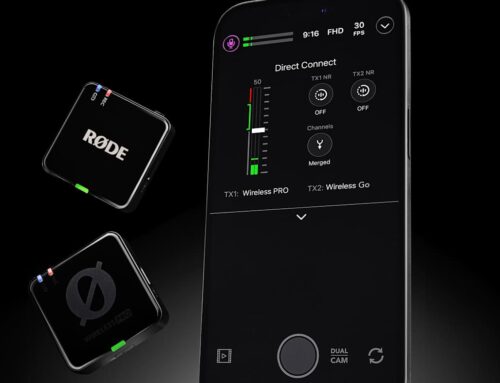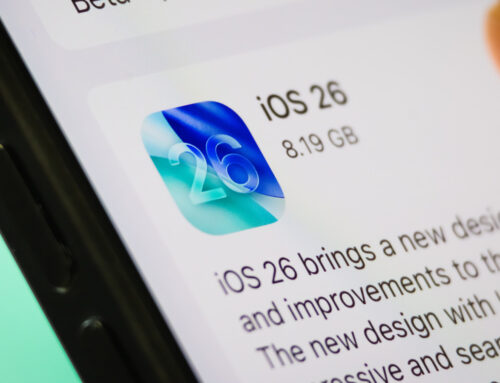This April through June quarter is almost always Apple’s most boring financial stretch of the entire year, and today’s earnings release shows this year was no exception. The company reported revenue of $81.8 billion, down from $83 billion last year. With the new iPhone 15 series still a month and change away, last year’s lineup is sagging in consumer demand somewhat and was down 2 percent compared to a year ago. That’s not terrible considering how close we are to a new refresh. “The smartphone industry is tough in the US right now,” Apple CEO Tim Cook told CNBC.
The rest of Apple’s hardware portfolio wasn’t as resilient. Mac sales were down year over year with no major new products announced except for a refreshed Mac Studio and 15-inch MacBook Pro. Both of those came near the end of the quarter, though, and only would have seen a couple weeks of sales. iPad revenue was down 20 percent compared to the year-ago quarter, which makes sense seeing as we haven’t seen new tablets from the company in some time. Wearables was the only hardware division that was up year-over-year, showing that the Apple Watch and AirPods are still enjoying some momentum.
But as has become a recurring theme, Apple’s services business, which includes everything from the App Store to Apple Music, other subscription services (like iCloud), and AppleCare Plus, was a bright spot during the quarter. “We are happy to report that we had an all-time revenue record in services during the June quarter, driven by over 1 billion paid subscriptions, and we saw continued strength in emerging markets thanks to robust sales of iPhone,” Cook said in a press release. The company is building up services to compensate for slower iPhone sales cycles, and this quarter is evidence that the strategy is working.
Apple’s iPhone 15 Pro and Pro Max are expected to have a new titanium frame, smaller bezels than ever before, and yet more camera upgrades — potentially for a higher price than last year. The standard iPhone 15 and 15 Plus are rumored to be gaining the Dynamic Island, which should spur developers to continue experimenting with the interface element now that it will be standard across the whole range. All of this year’s iPhones are expected to make the change from Apple’s Lightning connector to USB-C. The company’s latest major software releases, including iOS 17, iPadOS 17, watchOS 10, macOS Sonoma, and tvOS 17, are currently in public beta testing and will be widely available starting in September.
On the Mac front, this fall could see the release of an upgraded 24-inch iMac and 13-inch MacBook Air. The company released its first 15-inch MacBook Air in June, offering the largest screen size yet for its lightweight notebook brand.
Looking beyond the fall, Apple will release its first major new product, the Vision Pro mixed reality headset, in 2024 — once the company figures out the best way to let customers actually buy it, that is.


